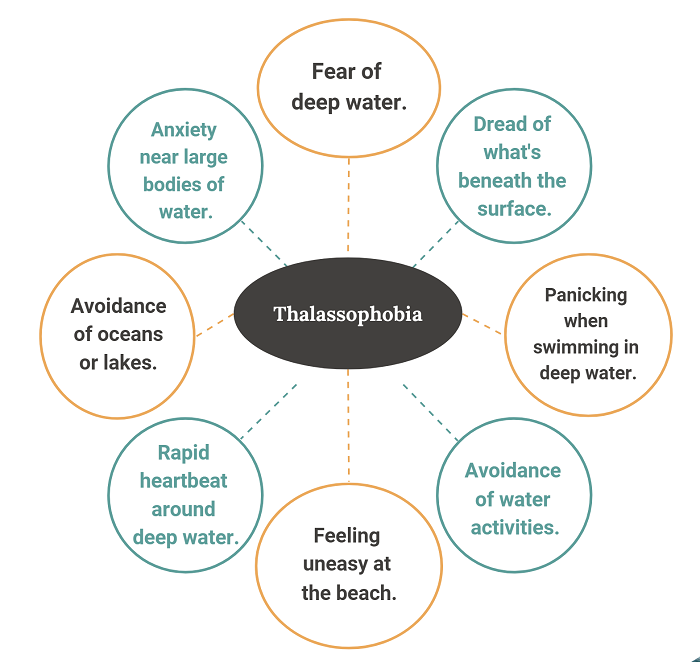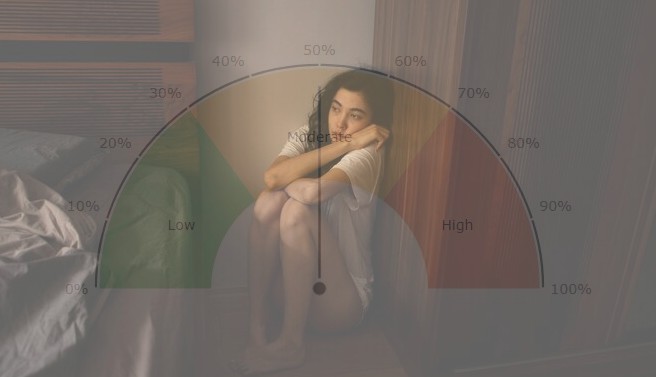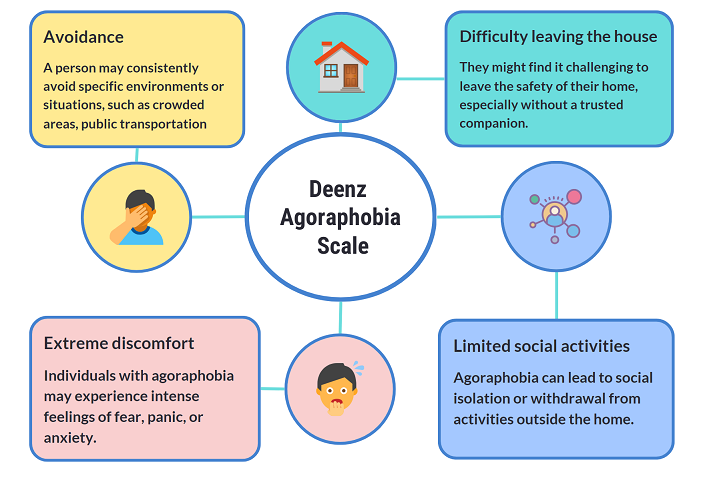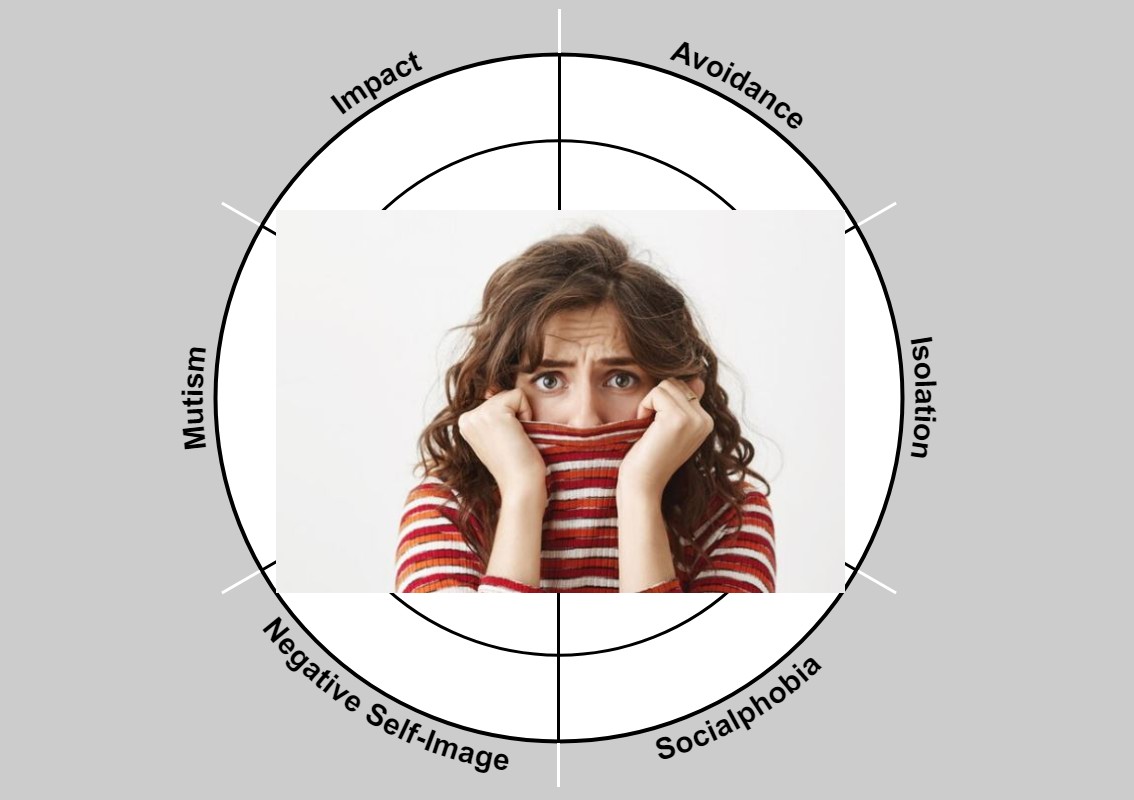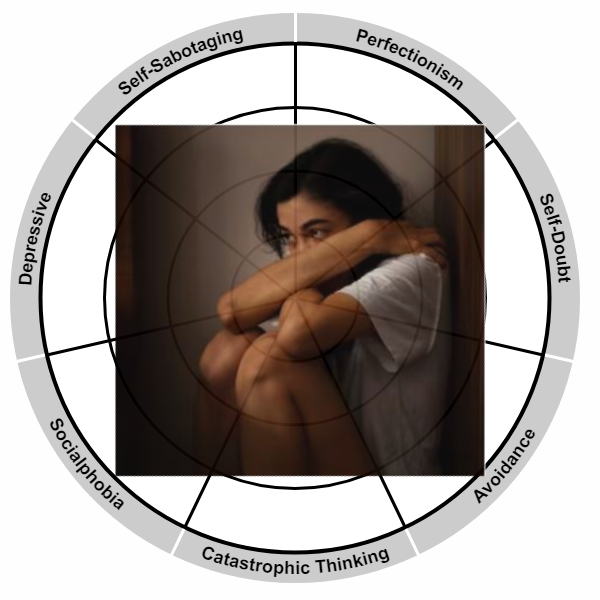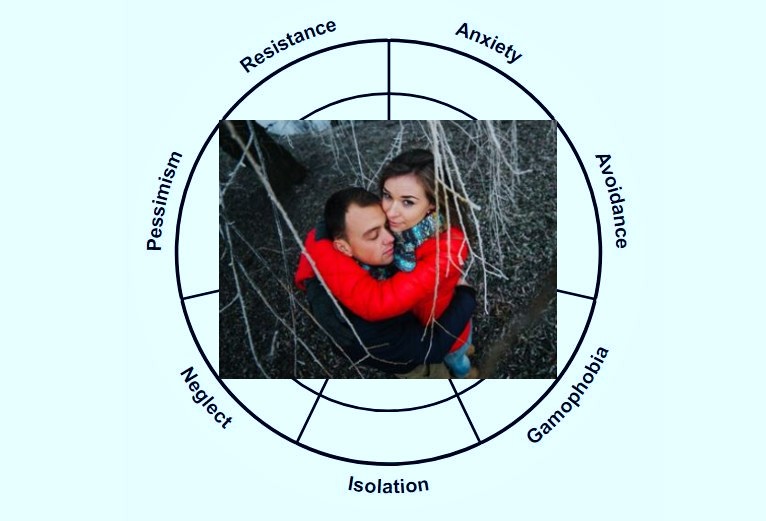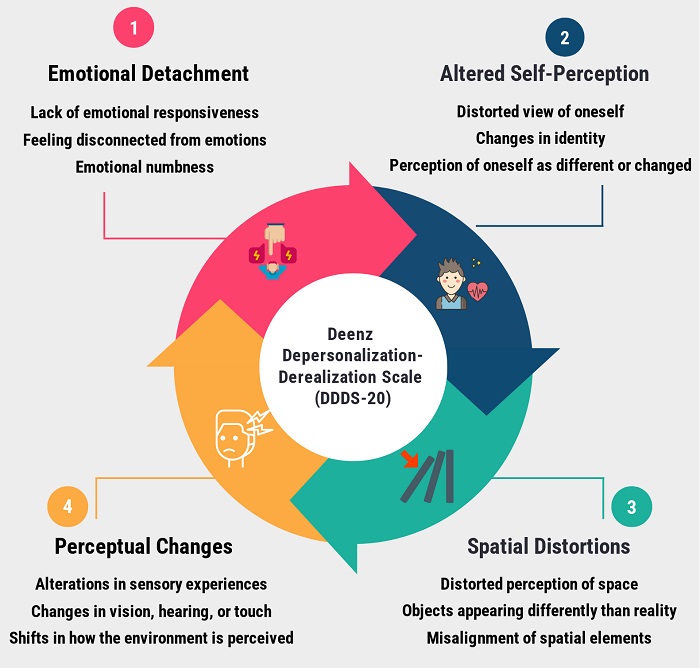Basic information | |
|---|---|
| Statements: | 18 |
| Duration: | 3–4 minutes |
| Type: | Self-assessment |
| Instructions: | Thalassophobia self-assessment scale consists of 18 statements related to your behavior and experiences. You need to indicate the level of agreement with each statement. |
Thalassophobia is an irrational fear of the sea or large bodies of water and is considered a subtype of specific phobia. While some individuals experience fear and anxiety about deep water bodies without impairment to their daily functioning, others may have more intense reactions where the triggers cause distress or impairment. The purpose of the quiz is to determine whether you may exhibit symptoms that could be considered significant for clinical diagnosis.
Thalassophobia quiz is a widely used self-assessment for individuals who are willing to find out the severity of the symptoms of Thalassophobia. The self-assessment is not designed to make a definite diagnosis of an anxiety disorder and cannot replace the professional diagnosis, which is only possible by a mental health professional through a clinical interview.
What is Thalassophobia?
If a person has an intense or irrational fear of oceans, lakes, and depths, psychiatrists describe it as thalassophobia disorder, which is a type of phobia. There are various types of phobias, such as Acrophobia, Claustrophobia, and Enochlophobia, which are categorized as anxiety disorders, and thalassophobia is one of them, which has criteria for diagnosis in the diagnostic and statistical manual DSM. A person who has thalassophobia often feels a sense of anxiety and panic when confronted with thoughts or experiences related to any water body, including the creatures in it.
What if I have a prolonged fear of water?
Sometimes fear of water might be normal and rational because you might be thinking about avoiding any dangers in it, but if you have a prolonged and intense fear of water and it is causing distress, interfering with your personal and social life, or limiting your water-related activities, then you probably have thalassophobia. For example, if you refuse to go to the beach with your friends because you have a fear of oceans, then your social life is being affected, and you are limiting yourself from enjoying the quality of your life.
You know that your fear is irrational, but you feel panic and anxiety when you think of going to large water bodies, and you have anxious thoughts about the large creatures in them. In this case, it is wise to consult a mental health professional for diagnosis and treatment.




